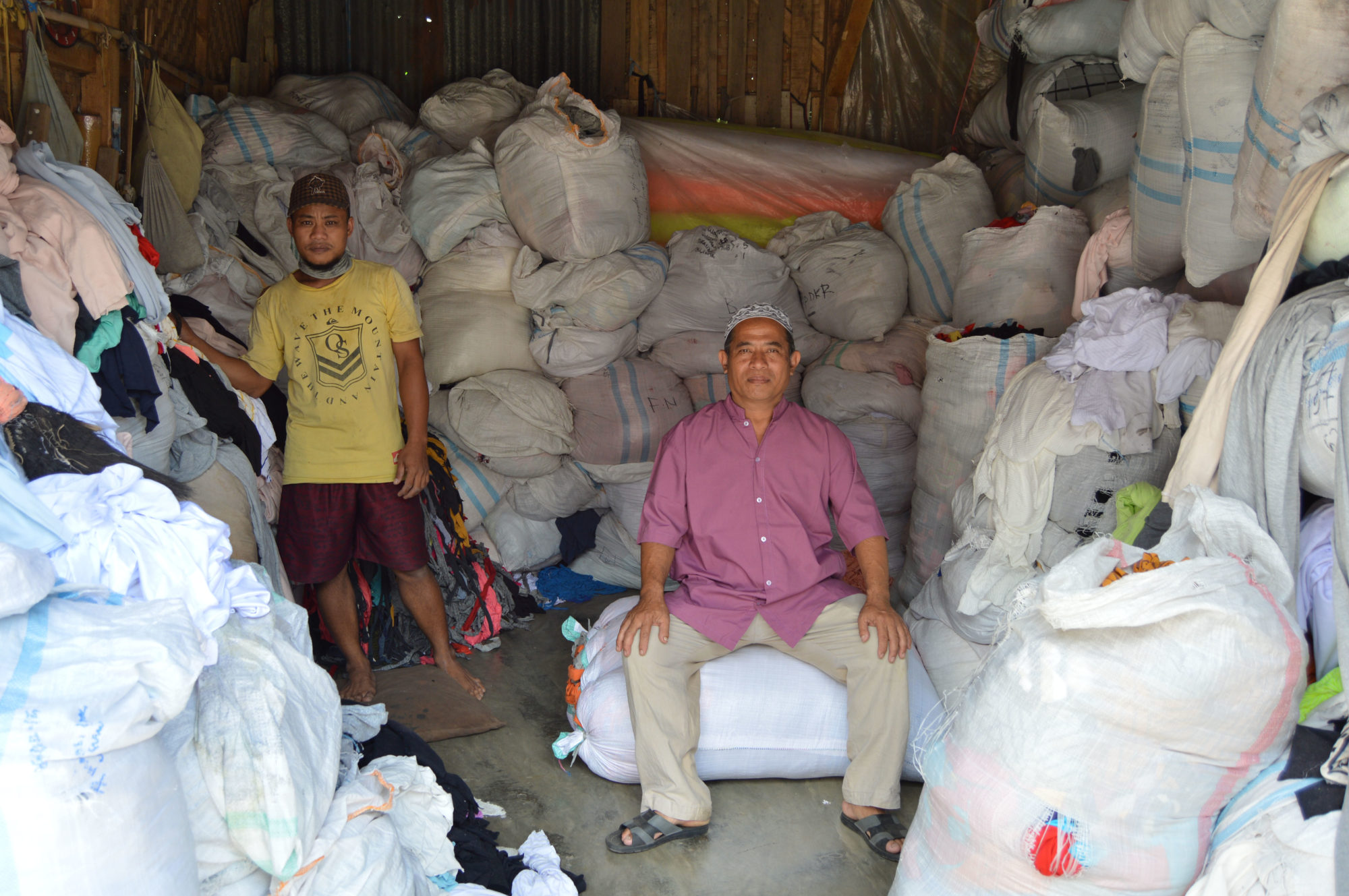Best Practices
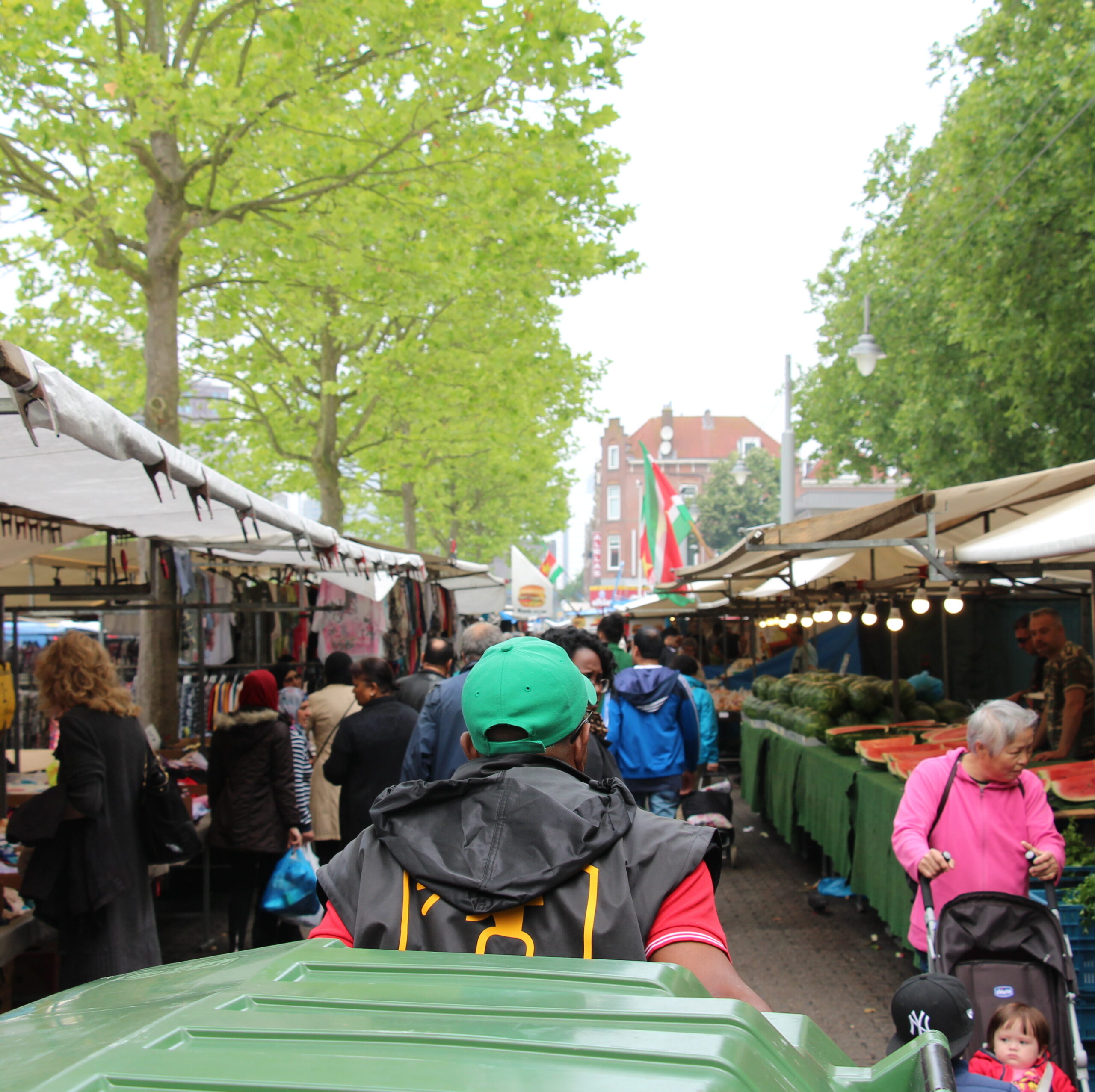
The Afrikaander market takes place twice a week and attracts 15,000 people a day. Through a ‘Right to Challenge’ initiative, the Afrikaanderwijk Cooperative has taken over the waste collection of this market from the municipality. As a result, waste is now recycled by local employees during the day, making the market and area cleaner and providing local people with a job.
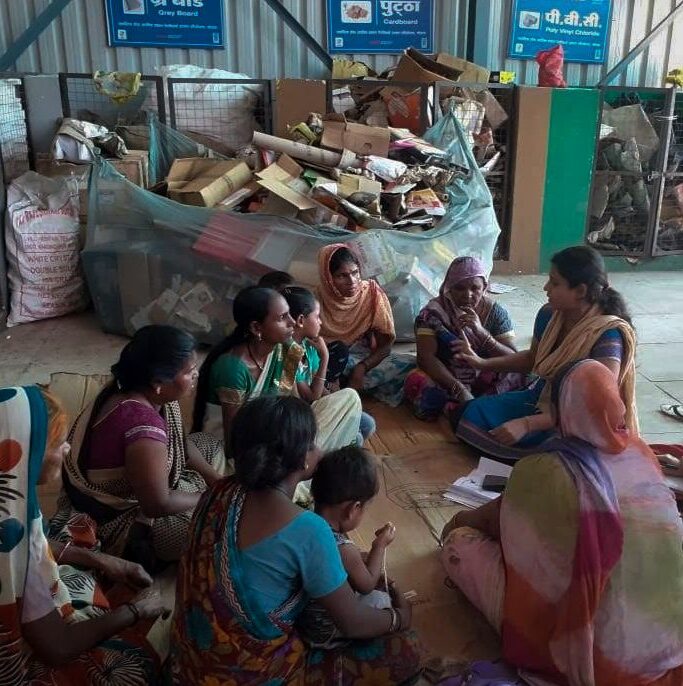
The ngo, Sarthak Samudayik Vikas Avan Jan Kalyan Sanstha SSVAJKS initially developed a sustainable integrated waste management system for five wards in the city of Bhopal, which served as a model for the creation of a plastic waste management policy at the state level in 2011. This innovative model, recycles and processes plastic and reuses it in the construction of roads, benefiting over two million people.
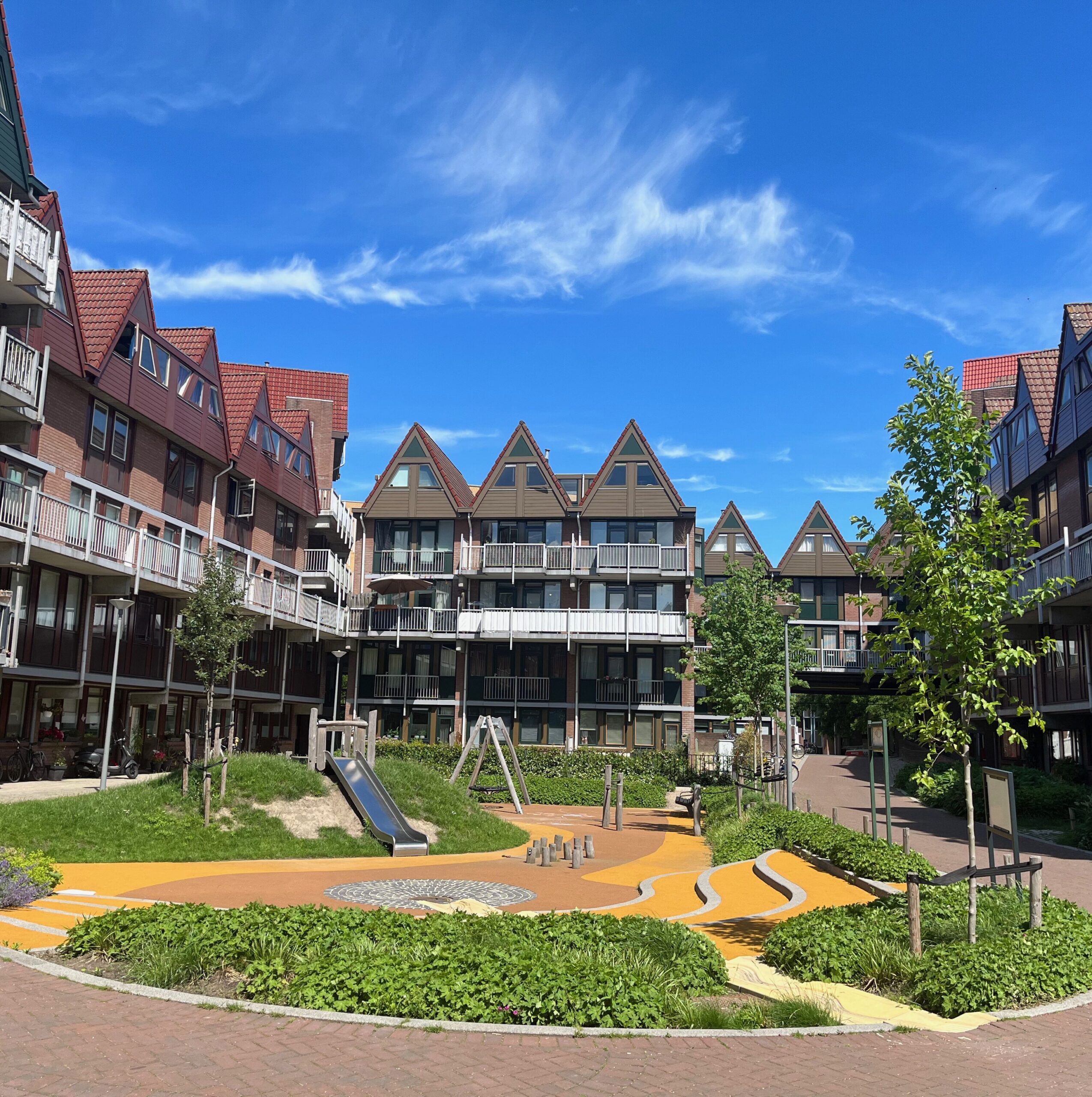
After the opening of Zestienhoven Airport (later Rotterdam – The Hague Airport), Heliport became redundant and the area lay fallow for a long time until the demand for more housing led to to the development of a residential area in 1976. In 2017, the inner courtyard was unappealing to the current residents, so they launched an initiative to turn the courtyard into a green, climate-adaptive and pleasant place for residents to be.
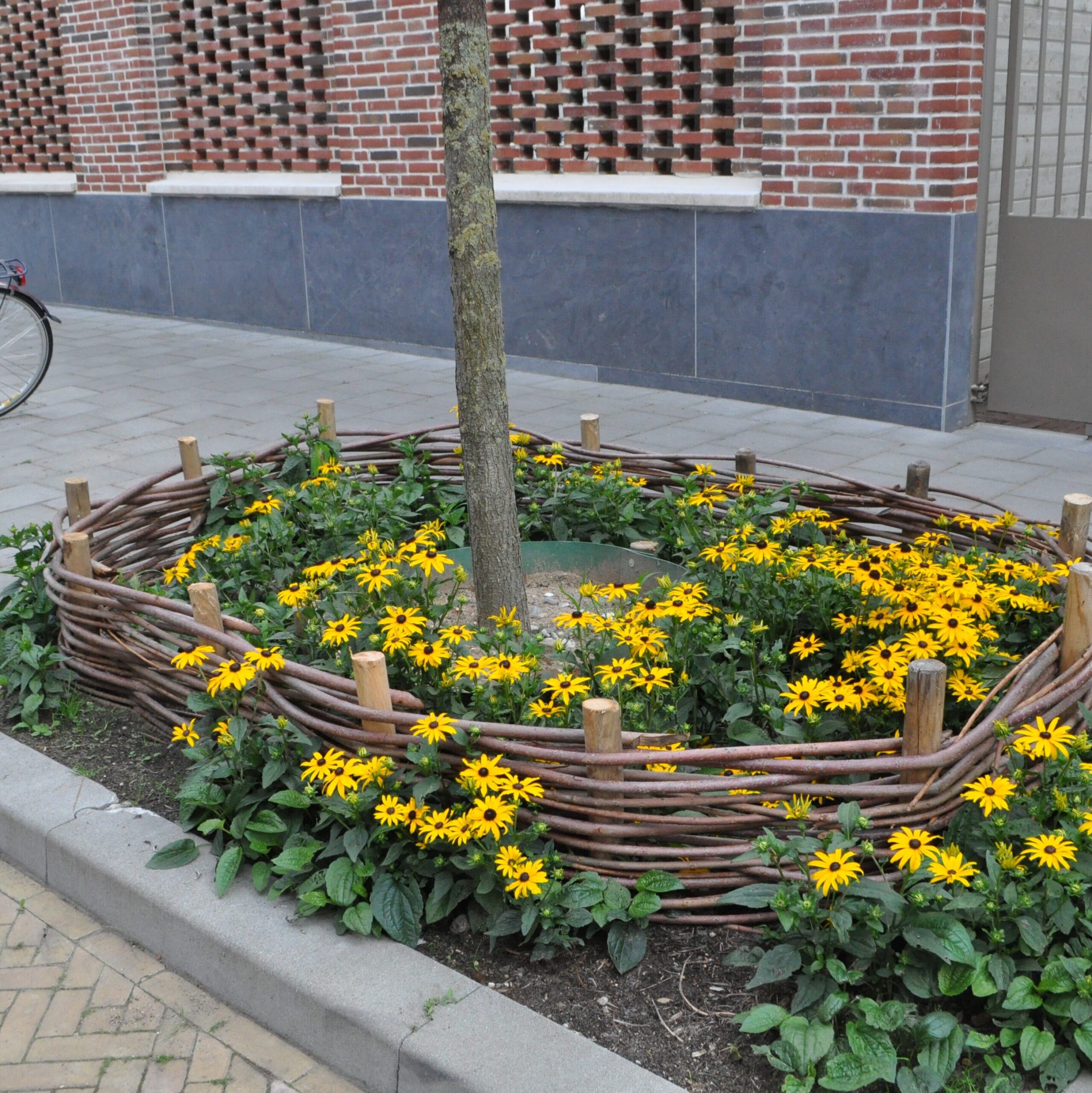
Spijkerkwartier, a historically wealthy district in the city centre of Arnhem, fell into disrepair in the from the ‘60s. A number of citizens started a local initiative for solar panels, Spijkerenergie, which subsequently grew into a network of initiatives with the overarching aim to realise a circular and inclusive local economy based on values already present within the neirghbourhood.
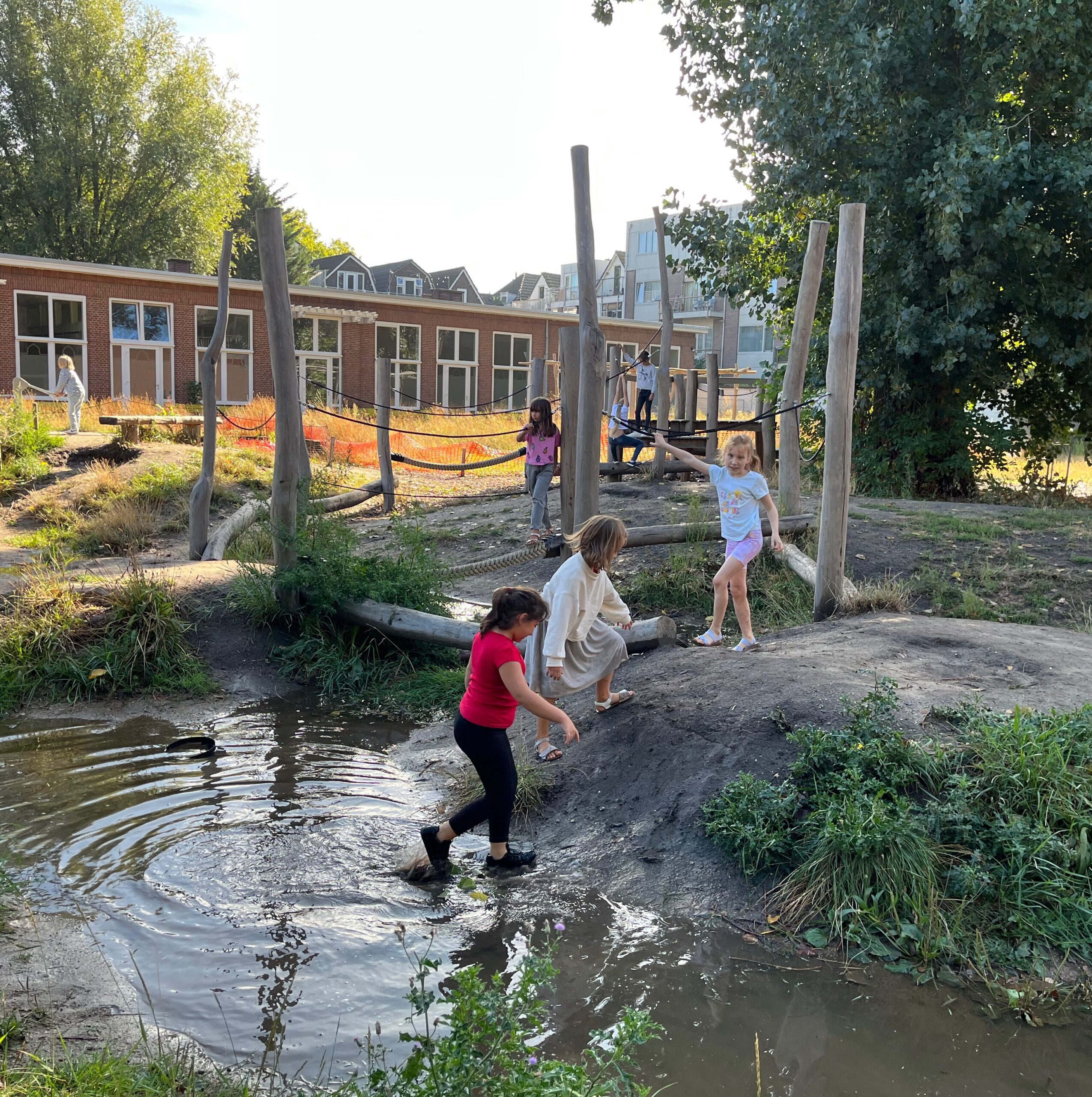
For years BoTu has been scoring poorly on indicators of safety, income levels, well-being and health. Residents have organised themselves into the Delfshaven Cooperative, among others, and together with public and private parties are exploring new ways of redevelopment based on creating added value in and for the neighbourhood.
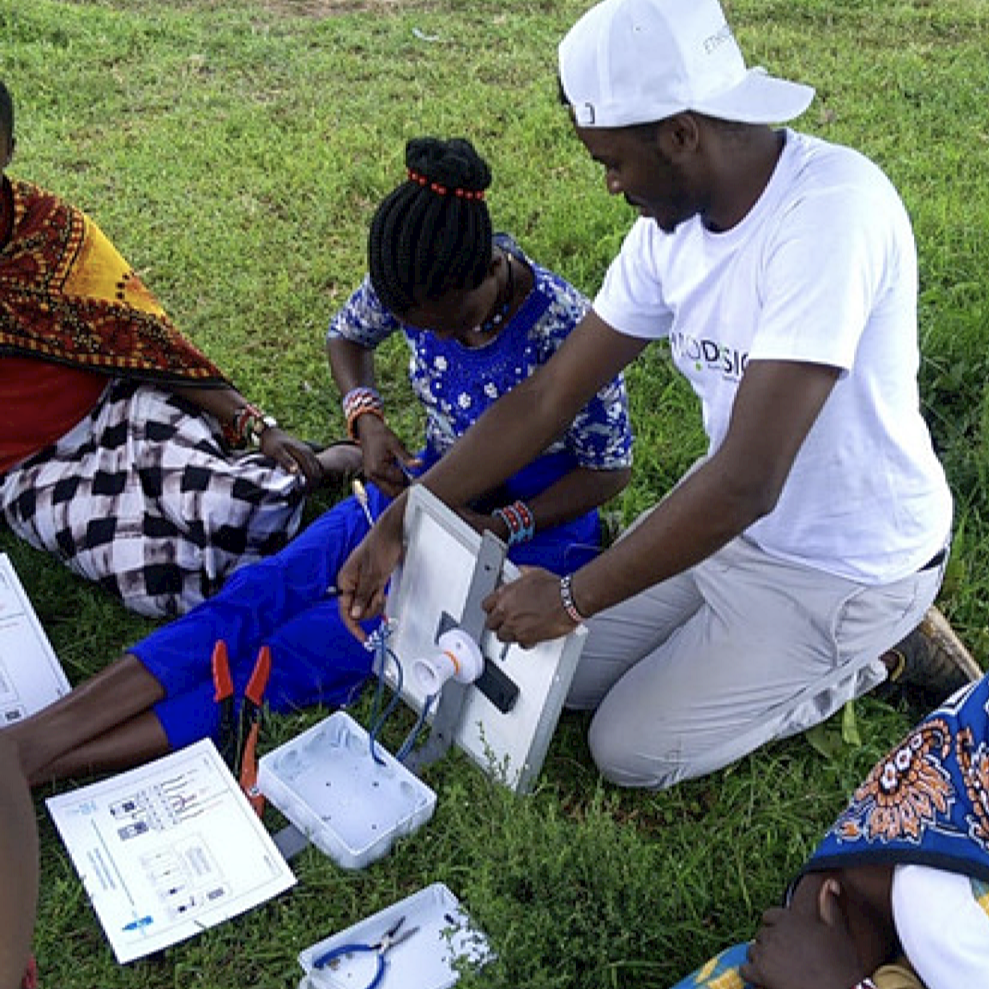
Litre of Light is a global, grassroots movement committed to providing affordable and sustainable solar light to people with limited or no access to electricity. Through a network of partnerships around the world, Litre of Light volunteers to work with marginalized communities to teach them how to use recycled plastic bottles and locally sourced materials to illuminate their homes, businesses, and streets.
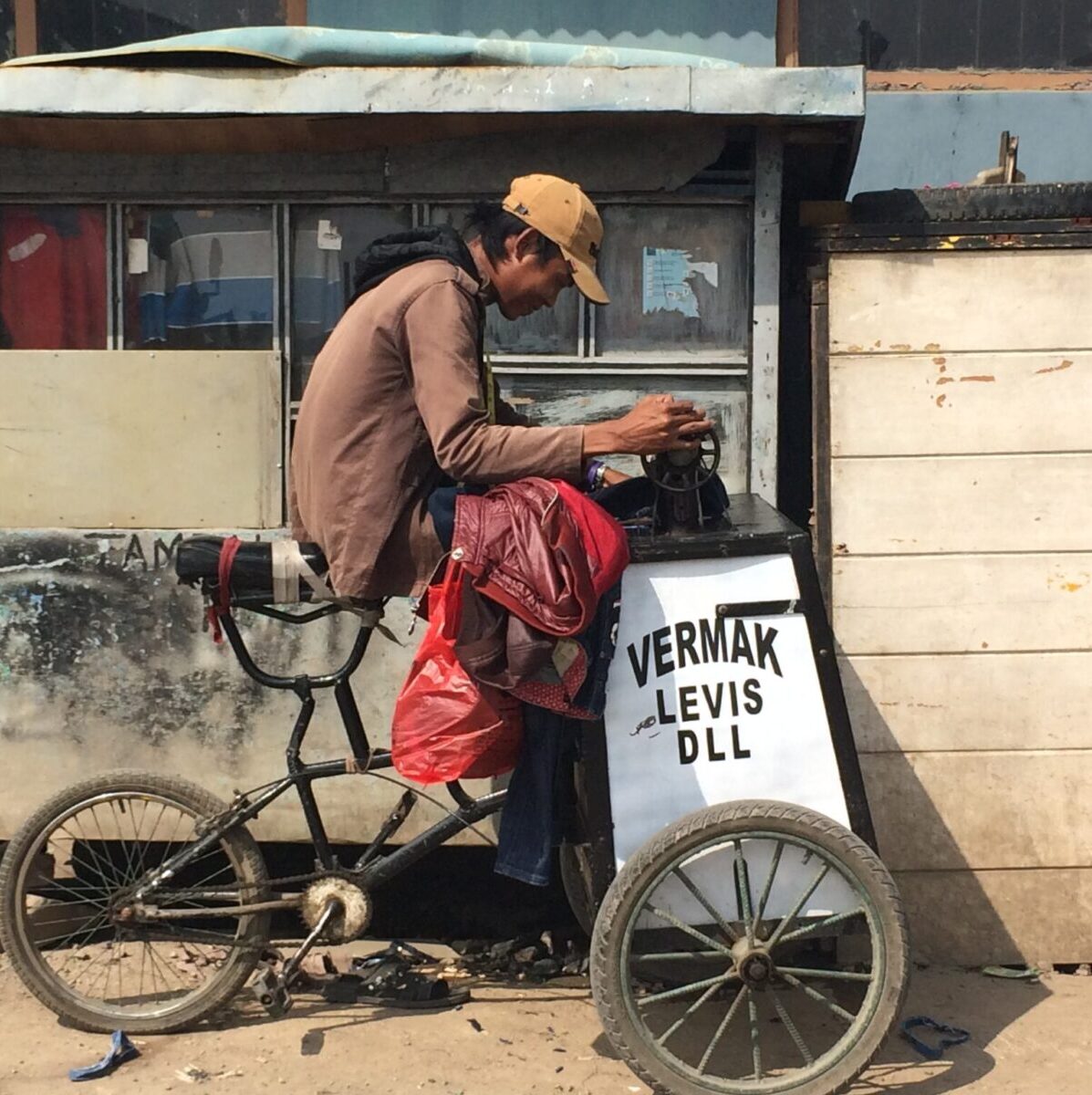
The Fashion Village Lab aims to reverse the negative impact of the fashion industries. It pilots the transformation of a polluted textile manufacturing area at the periphery of Bandung (Java, Indonesia) into a hub of sustainable business development, into a healthy and vibrant Fashion Village for working and living. Using a community-based and circular development approach, economy and ecology are re-connected and re-generated.
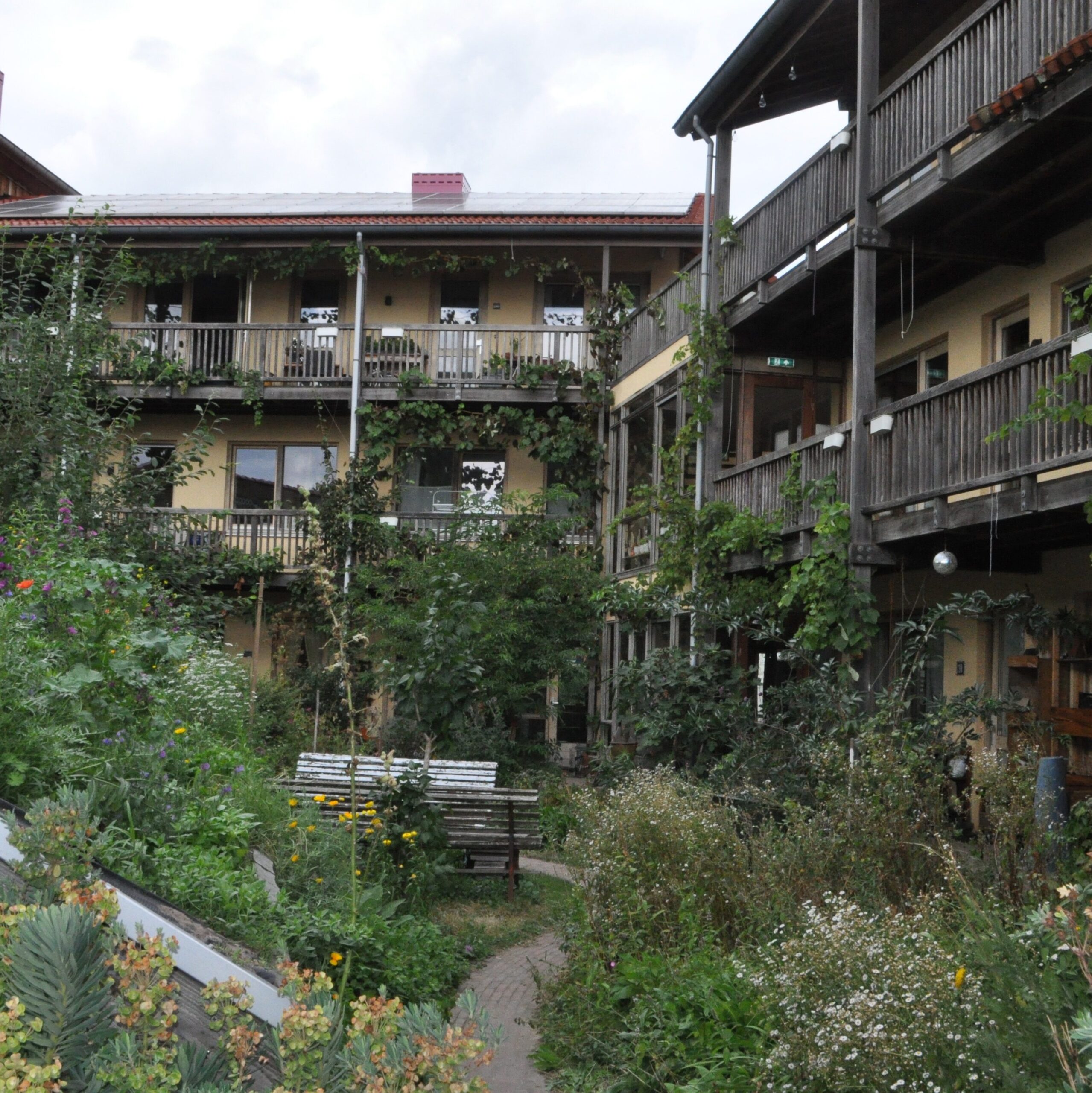
In this case study, taking the example of Strowijk (IEWAN), a realized co-building project in De Vossenpels, we analyze the ambitions residents had regarding circular material use, how they went about it and what value was ultimately created for the neighbourhood.
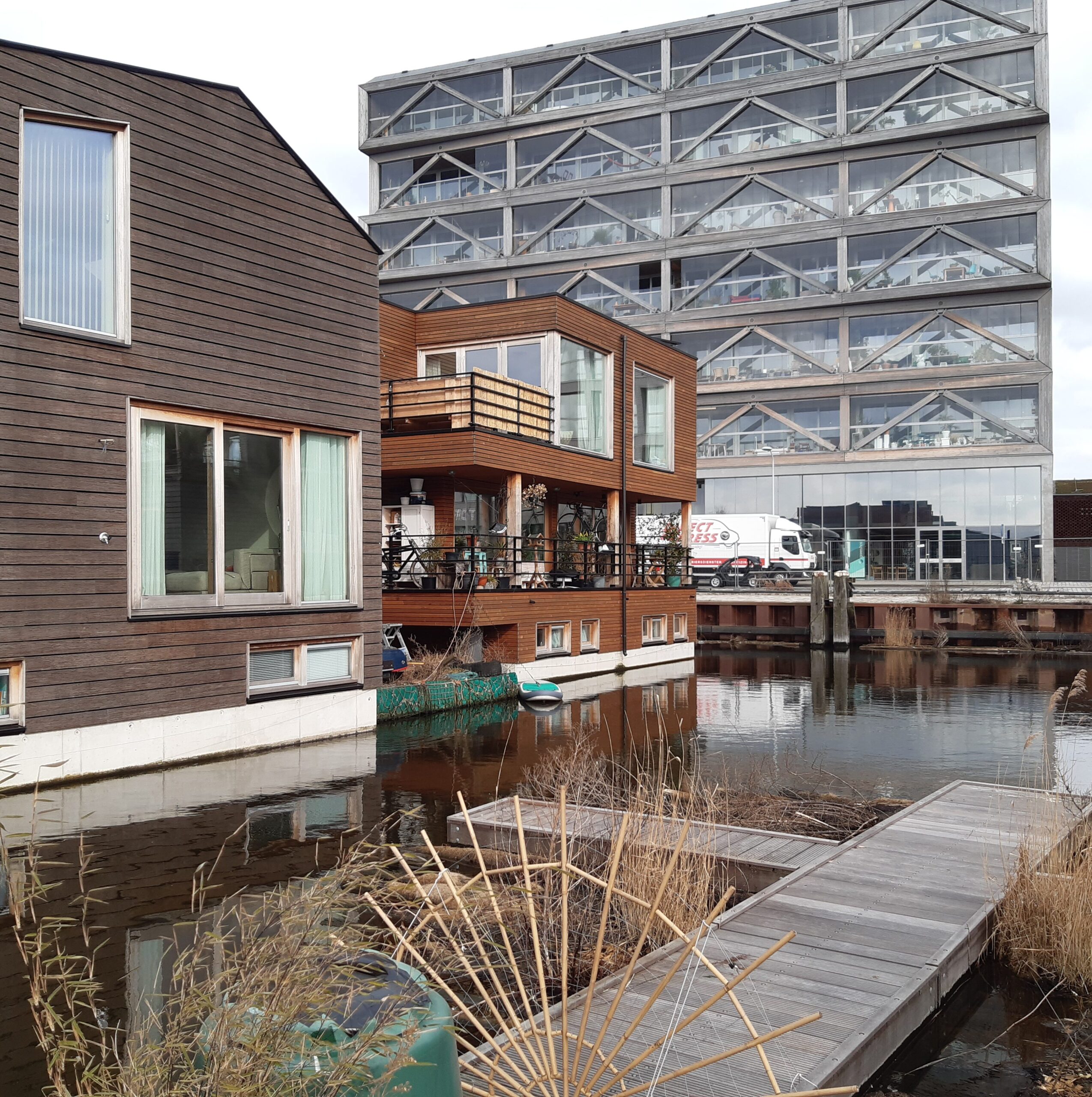
Schoonschip is a floating residential neighbourhood in a side canal of the River IJ in Amsterdam North. The initiators’ ambition was to develop the most sustainable neighbourhood achievable, with the boats being constructed from sustainable materials, energy being generated locally and exchanged with neighbours via a smart grid, and water usage being handled in a smart way.
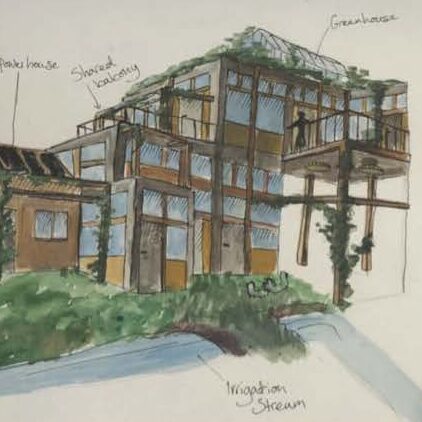
Strandeiland is a newly developed island, part of the IJburg archipelago in Amsterdam, and will be developed as a dense urban neighbourhood in the coming decades. While the land is still settling, Amsterdam Council allocates temporary uses to the land, including a beach and sports fields, in collaboration with the residents of the adjacent islands.
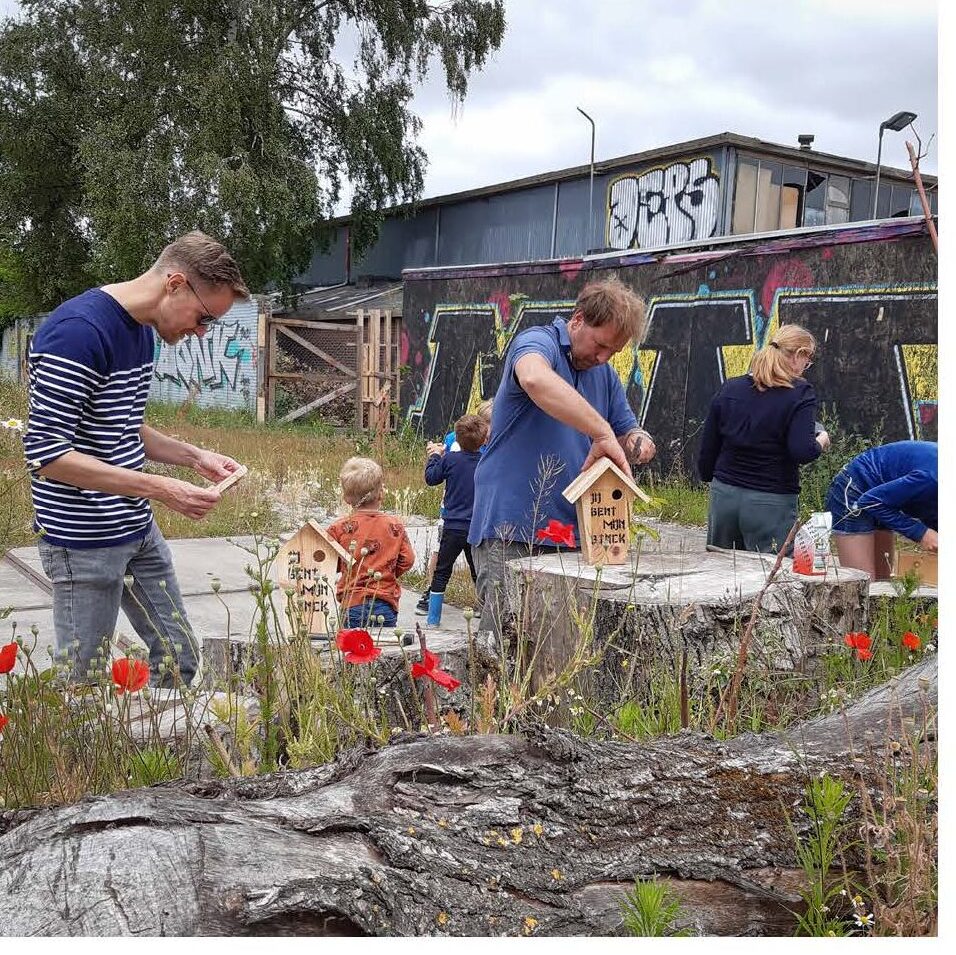
De Binckhorst is a centrally located industrial estate in The Hague that is being redeveloped into a mixed residential, working and living area. The municipality decided on an approach of organic area development based on the existing qualities and activities and invited everyone to think and invest. I’M Binck – a network platform – wants to give these themes a place in.
